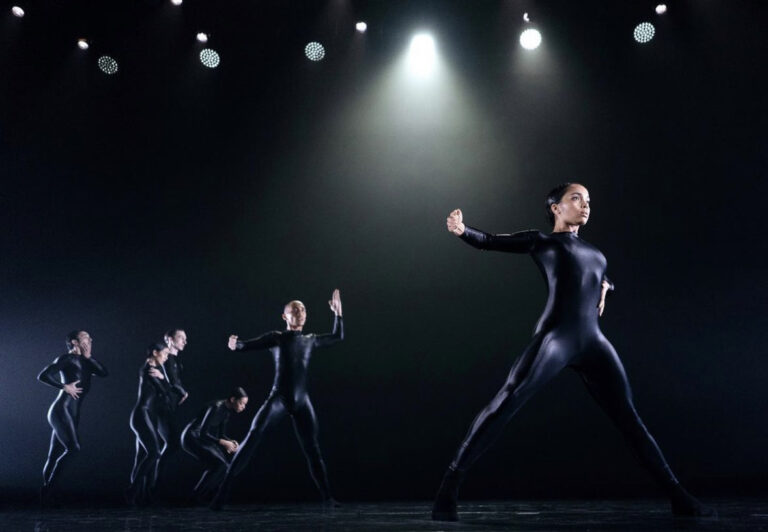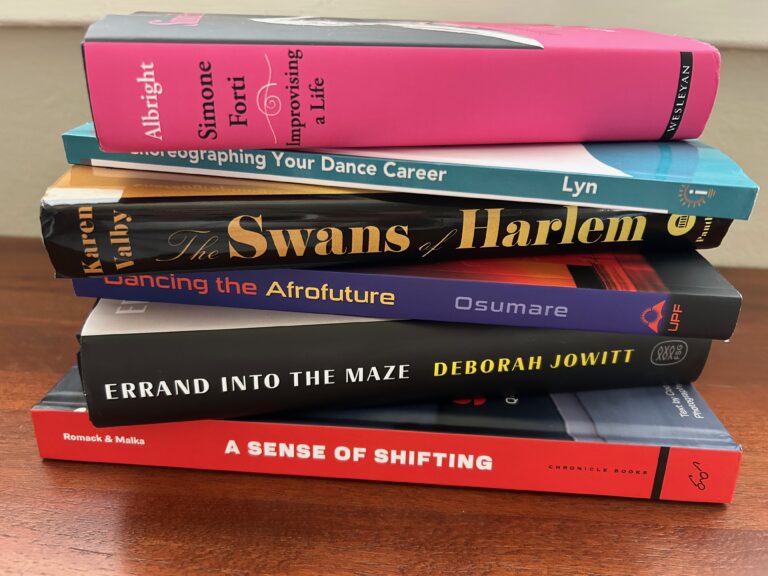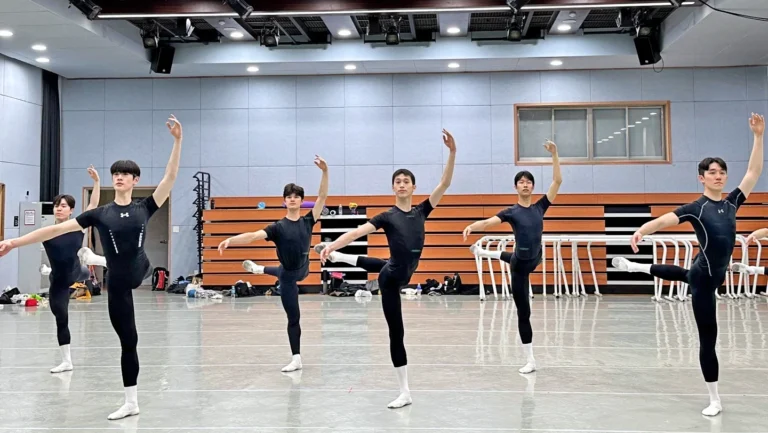
Recital season brings a mix of emotions for dance educators: Excitement, joy, fear and anxiety are just a few. Days fill with extra rehearsals, and nights become saturated with tech and programming. These busy routines commonly result in patterns of unintentional undereating. According to dance educator Meredith Rabil Sibley, “Meals tend to take a back seat for us.” Unlike with the dancers, “when teachers are given breaks, we’re using that time to reevaluate lighting cues, coordinate transitions between dances or handle parent questions.”
And busy schedules aren’t the only obstacles challenging a dance educator’s relationship with food during recital season. Many educators experience higher levels of stress behind the wings, as well. According to Sibley, “We’re responsible for lighting design, ticket sales, front-of-house operations, program distribution and attending to our dancers’ needs.” This demanding task list can leave educators feeling overwhelmed. When coupled with an overall lack of food intake, undereating might commonly be followed by a period of feeling overly reliant on food to cope with stressful emotions.
It’s challenging when normal routines get disrupted, but prioritizing food as a tool for your overall direction and teaching will offer tremendous support during this important time. To get there, consider these three tips to stay fueled during recital season.
Keep Intake Consistent
It’s important to honor intuitive cues of hunger and fullness, but when navigating extra-busy schedules, these cues quickly become nonexistent. Diminished hunger cues are a common reason why many dance educators unintentionally undereat. When we wait too long between meals and snacks, we experience energy dips and extreme hunger later in the day. This extreme level of hunger is a biological response to deprivation. It’s also the primary factor driving behaviors like emotional eating and eating past a comfortable fullness. Bottom line: We’re more likely to feel out of control around food as the body attempts to make up for calories missed earlier in the day. Proactive planning is key for maintaining energy availability. While schedules and nutrition needs vary, educators can generally aim for a meal and/or a snack every two to four hours throughout the day.
Prioritize Recovery
With summer intensives just weeks away, educators need to factor in an active post-recital recovery. But, as Sibley explains, dance educators “prioritize their needs for food and sleep only after the needs of their students are met. The real focus is on a smoothly run recital.”
But the irony is that despite not prioritizing the need for fuel, lack of energy is rarely an issue. During times of stress, the body releases adrenaline to increase blood flow to your working muscles. While this physiological response supplies a burst of energy to push you through, it doesn’t support your long-term recovery. The energy in food, however, provides you with the tools needed for the long term. Carbohydrates replenish fast-acting glycogen stores and are even utilized alongside protein for muscle repair. So remember to pack balanced snacks. Crackers and cheese, fruit and nut mixes and even healthy, convenient shakes are helpful.
Consider Convenience
Whole grain crackers and trail mix are practical options to stock backstage. These snacks are also high in complex carbohydrates, which are thought to increase the amount of serotonin in your brain, helping to ease performance anxiety.
Without a proper fuel plan, teachers risk leaving recital season feeling drained, both physically and mentally. Make sure you seek support from nutrition professionals, such as registered dietitian nutritionists, especially ones who are familiar with the unique demands of recital season. Free resources are also available for educators looking to stay fueled despite a limited budget. Remember: Your body is working overtime to support your students during recital season. Supporting your needs is not just a priority, it’s a necessity.





